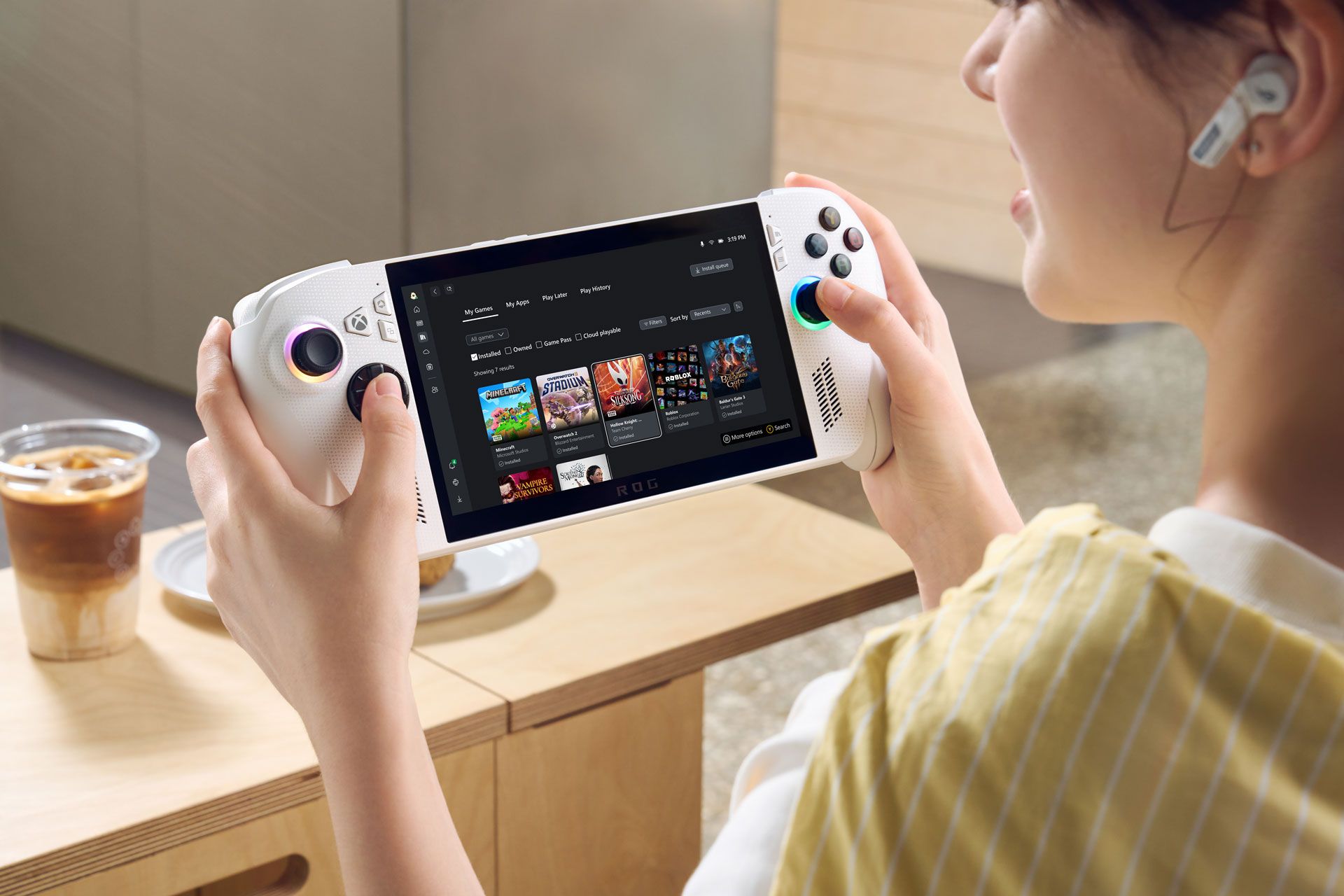Summary
- Microsoft is developing a new family of Xbox devices, including handhelds, for a more open gaming ecosystem.
- Future Xbox hardware may allow access to other digital game stores and blur the line between Xbox and PC games.
- Backward compatibility will be maintained, ensuring players can carry forward their existing Xbox game libraries.
Last week, we were surprised to see that Microsoft was not only caring about gaming handhelds but was actively supporting them within its Xbox ecosystem. And if Microsoft’s final plans turn out anything like the way they currently look, they might be about to play a much more central role.
Microsoft has officially confirmed development of its next-generation Xbox hardware, signaling a strategic shift towards a more open and versatile gaming ecosystem. In a recent announcement, Xbox President Sarah Bond revealed a multi-year partnership with AMD to develop the custom silicon that will power a new family of Xbox devices, including both traditional living room consoles and new handheld systems.
This isn’t the “big news” here, though. After all, Xbox has used AMD hardware for its consoles continuously ever since the launch of the Xbox One in 2013, around 12 years ago, so it’s not exactly surprising to see the next Xbox will also have AMD hardware. What is surprising is the fact that the hardware will be used in a “portfolio of devices.” In a significant departure from the traditional console model, Microsoft said that the future Xbox experience will not be “locked to a single store or tied to one device.” This has two meanings. First and foremost, the next-gen Xbox ecosystem won’t just be comprised of a home console or a series of home consoles, but could include things like handhelds as a “main” part of the Xbox experience as well.
This also points to a future where Xbox hardware may allow access to other digital game stores and will be less “closed off.” This heavily implies that the line between Xbox games and PC games will be blurred further, with Xbox consoles being able to play PC games as well, perhaps even also running a version of Windows themselves. ASUS’ recent “Xbox Ally” handheld devices will run on Windows and feature a new full-screen Xbox interface, but will also be capable of accessing other PC game stores like Steam—this might be the philosophy Microsoft wants to apply to its own first-party hardware as well down the road. It’s been five years since the launch of the Xbox Series S and Series X, so it’s not crazy to talk about their successors already.

Related
Windows Gaming Handhelds Are Getting a Big Overhaul
And there’s already a few new overhauled handhelds, too.
Something that might worry some long-time players is the fate of their existing game libraries. Bond addressed this directly, confirming that the next generation of Xbox will maintain backward compatibility. “This is all about building you a gaming platform that’s always with you,” she stated, assuring players that their investment in Xbox games will carry forward to the new hardware.
We’ll have to wait and see what the next generation of Xbox looks like, but it certainly looks interesting.
Source: The Verge
